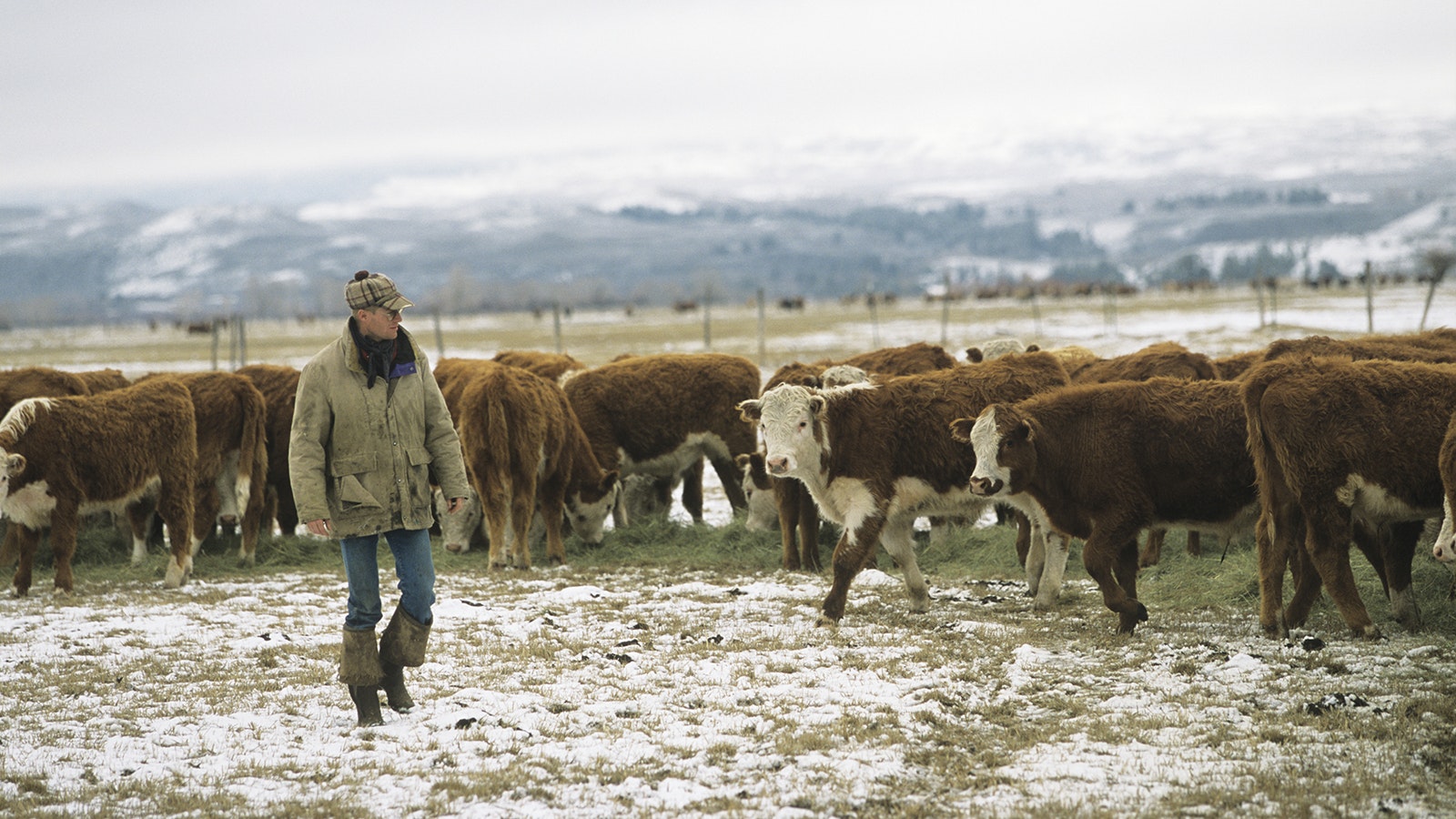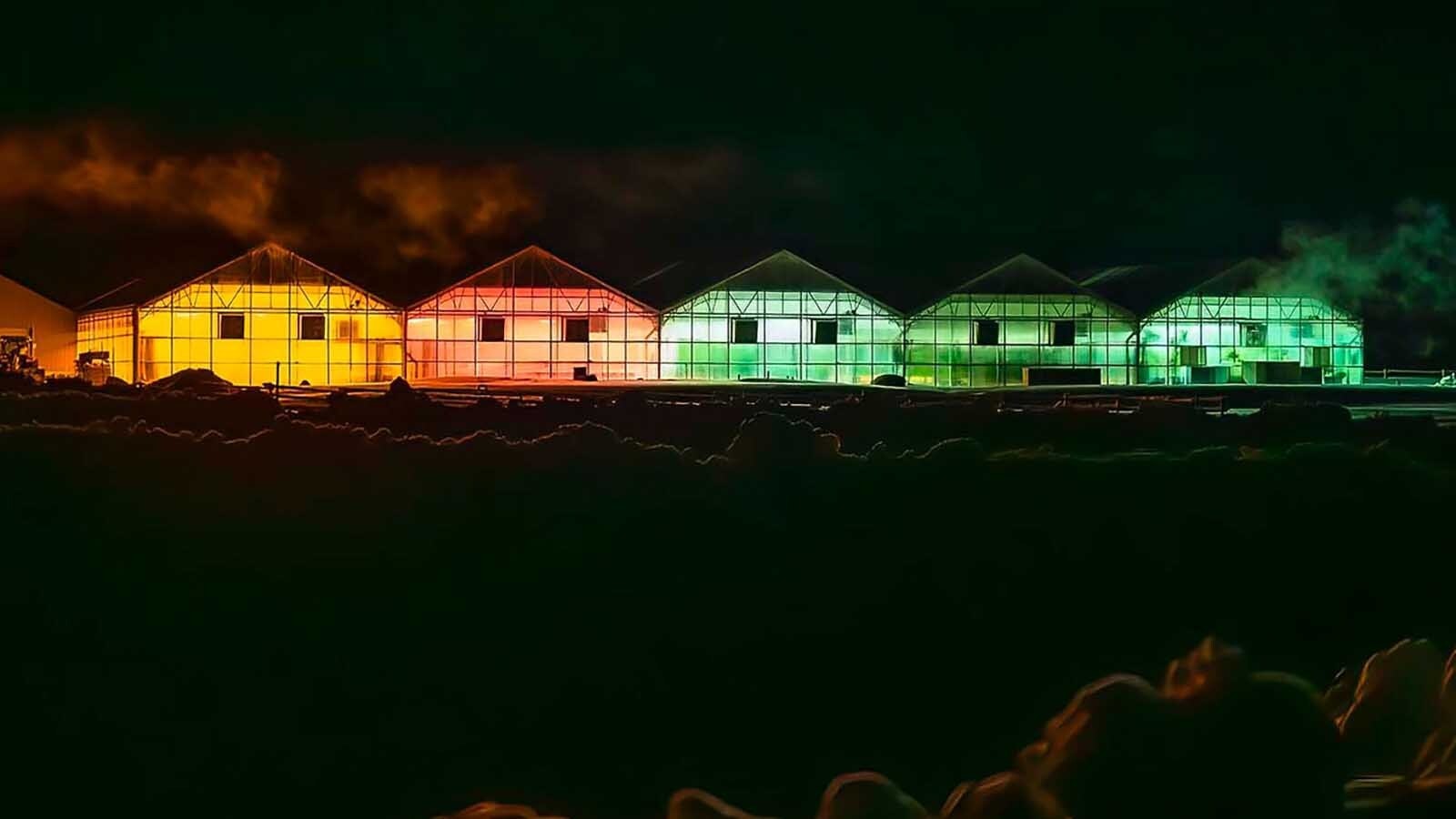Lottery lovers have new math to consider with changes to the multistate Mega Millions game. Bigger jackpots, better odds of winning — but also, higher ticket prices.
That has those who play the lottery on a regular basis in a wait-and-see mode right now. At a busy Maverik Adventure’s First Stop station in Cheyenne, there was just one lottery ticket buyer ahead of Tuesday night’s draw in more than 45 minutes.
That’s not typical, Cowboy State Daily was told. There’s usually a lot more tickets sold on drawing days. The one lottery ticket buyer did have some insight into how Mega Millions regulars are looking at the lottery’s changes.
“We’ll see how the winners go,” John Horan said. “I’m ambivalent on it right now. If it starts producing a few more big jackpots, then I’ll figure it worked.”
Otherwise, Horan said, he feels it’s just the same-old, same-old, with a slightly higher price tag.
While Mega Millions is trying to boost sales with the promise of better odds, chances of winning remain a lot higher for those who play state lotteries, like WyoLotto’s games.
Bigger Jackpots
Horan lives in Colorado Junction but works in Wyoming often. He buys lottery tickets twice a week, every week on his way to and from work.
He appreciates that there are slightly better odds now for winning the Mega Millions jackpot, but he knows those odds are still pretty stacked against the player. For him, playing the lottery is more about the fun, though, than anything else. And bigger jackpots are just way more fun.
“For me, it’s just, instead of going to the casino, I play this,” he said.
Those bigger jackpots mean more ticket sales for Mega Millions, he acknowledged, a big reason why the lottery decided to change its format.
Big jackpots are when all the crazy lines start to form. And sometimes those lines can get pretty long, winding their way out of the store.
“I remember when they had that first billion-dollar jackpot in Wyoming,” Jeff Wood, a former Town and Country cashier in Cheyenne, told Cowboy State Daily. “We had people lined up all the way up and down our store.”
Wood doesn’t play the lottery as much anymore. He’s one of those likely to wait until the jackpot is huge. Then he might buy several of the tickets at once.
“Everyone goes crazy buying tickets then,” Horan added. “Not realizing that (more tickets) doesn’t really change your odds.”

Speaking Of The Odds
The odds do matter to Horan’s own lottery calculations. While the odds may be stacked against him, he definitely sees it as a “you can’t win if you don’t play” situation. And some lucky soul always does eventually win that big life-changing prize.
One day, Horan hopes that lucky soul can be him.
So that’s one of the reasons he plays regularly — anytime the jackpot is a life-changing number — and it’s also why he always adds in a couple of state lotteries, too.
State lotteries have meaningful, life-changing prizes, Horan said, and they’re completely underplayed compared to the big Mega Millions and Powerball games.
When Horan is buying tickets in Wyoming, he always makes sure to include both the Cowboy Draw, whose jackpots have been as high as $3.56 million, and Lucky for Life, which offers two very interesting prizes. First is $1,000 a day for life and second is $25,000 a year for life.
“Long-term, those are life-changing events,” Horan said. “So, I consider that (game) one of the big ones.”
Adding the state lotteries to the lineup is actually a pretty smart move for those who are going to play the lottery, based on an analysis of Wyoming’s various lotteries conducted for Cowboy State Daily by the University of Wyoming’s Bill Weber, a mathematics professor and statistics expert.
While Weber personally wouldn’t advise playing the lottery in general because the odds are never really in anyone’s favor, for those who are going to play anyway and want to pick the games that have the best odds, his math shows the state lotteries do offer a better value than either Mega Millions or Powerball.
And that’s still true, despite the improvement to Mega Millions’ odds.
Mega Millions’ odds are now 1 in 290,472,336, about 100 million better than before.
The Lotteries With Actual Lightning Strike Odds
Odds that are one in hundreds of millions are hard for people to think about, Weber agreed. So, it helps to compare it to the odds of getting struck by lightning. That’s a one in 1.2 million chance, Weber said.
And those are the kind of odds that Wyoming’s state lotteries offer.
Cowboy Draw, in particular, has a one in 1.222 million chance, almost identical to lightning strike odds.
Lucky For Life’s top prize of $1,000 a day for life, meanwhile, has poorer odds at one in 30,821,472 — but it’s still orders of magnitude better than Mega Millions odds. Its second prize, also quite meaningful, is only slightly higher than lightning strike odds, at one in 1.8 million.
That’s the kind of rough calculus Horan has already done in his own head and decided that makes these games just as worthwhile to play, if not more so, than Mega Millions or Powerball.
It’s Not Just About Winning
Americans spent $105.26 billion on lottery tickets last year, according to statistics from Search Logistics, making them by far the most popular form of gambling in America.
Researchers looking into why lotteries are so popular have found out some interesting things about player motivations. It’s not just about winning a prize.
For many, it’s the mood boost in the days leading up to the draw. That non-zero chance of winning a life-changing windfall of cash at work lifts the mood for a little while, as people daydream about what they could do with their winnings for family and friends.
Turns out, money can buy happiness. At least a little bit. And that’s what lottery lovers are buying every time they play the lottery — even when they don’t win.
Horan knows the odds of winning the lottery are dismal, looked at from a purely mathematical construct, but for him, the daydreaming and the fun are all part of the math every time he buys a ticket. It’s a chance to dream big every week, and, as long as the ticket doesn’t cost too much, he’s fine with that.
That whole mindset isn’t hurt by the fact that Wyoming lottery proceeds can be considered a donation to a worthy cause. That’s because the lottery proceeds all go right back into Wyoming, to its cities, towns, and counties. They get to use that money for whatever matters most to their communities.
WyoLotto formed in 2013 and paid its loans off early in 2016. Since then, it’s transferred more than $41,000,000 to Wyoming, according to its website, and it’s sold 15,158,448 winning tickets in all, totaling $143,425,607 dollars in winnings.
That’s an awful lot of happiness spreading a welcome mood lift all over the state. And, as the map shows, there are now winners, large and small, in just about every Wyoming town
Renée Jean can be reached at renee@cowboystatedaily.com.





